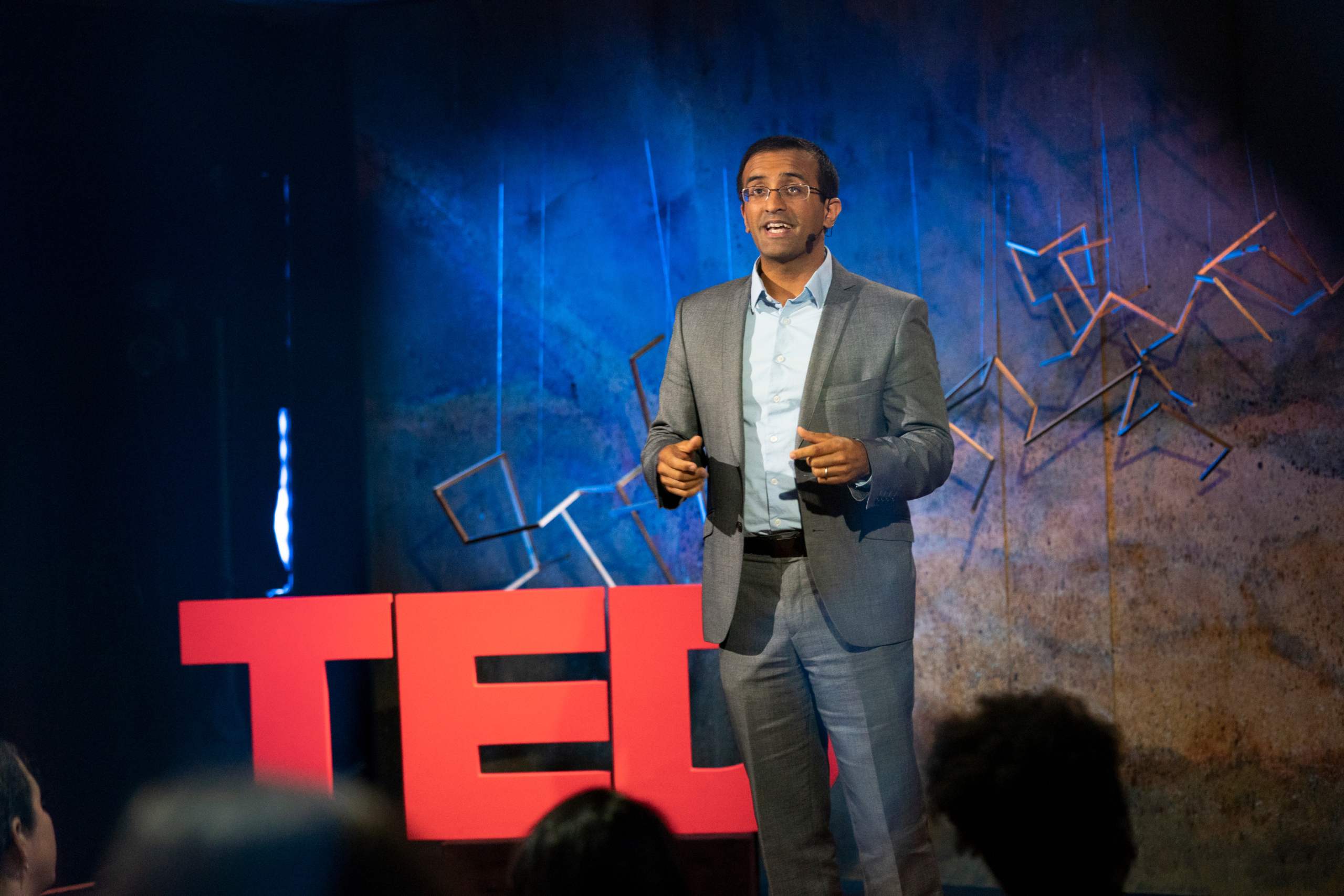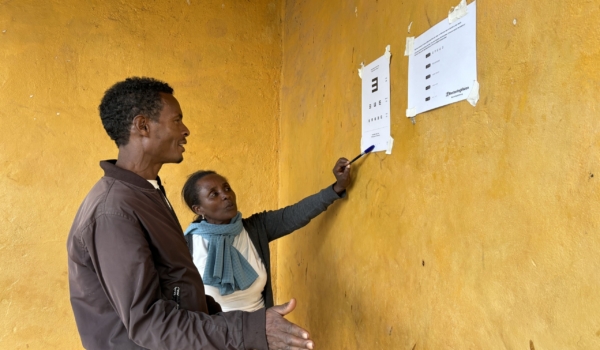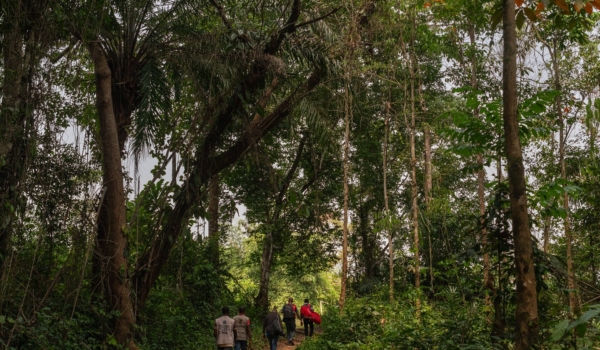During last month’s United Nations General Assembly, 193 member states signed a political declaration on universal health coverage—the most comprehensive set of health commitments ever adopted at this level. The high-level declaration calls for increased investment in four key areas of primary healthcare to advance universal health coverage, including affordability of care, combating disease, protecting the rights of women and children, and, importantly, strengthening health workforce capacity.
“Our vision is not health for some. It’s not health for most. It’s health for all: rich and poor, able and disabled, old and young, urban and rural, citizen and refugee. Everyone, everywhere,” said Dr. Tedros Adhanom Ghebreyesus, Director-General of the WHO, praising the declaration’s efforts to leave no one behind.
To deliver on this promise to bring affordable, accessible, and quality health services to everyone, global actors must increase investments in health system and workforces. Teams of community and frontline health workers are key to increasing the quality and access of essential primary healthcare services among the world’s most remote populations—but they need to be well-supported, with access to training, supervision, and a living wage.
During the week of the United Nations General Assembly, Ellen Johnson Sirleaf, WHO Health Workforce Ambassador and Former President of Liberia, reinforced the importance of sustainable investments in the quality and financial stability of national community health programs as a pathway for advancing universal health coverage. “For commitments to be fulfilled it is necessary to invest in front line and community health workers and the primary health care system that supports them. This requires long term innovative, financial instruments that cover high capital cost,” she said. “One way to do this is to engage the international financing institutions and philanthropic foundations as key partners to co-invest, alongside governments, in the education and employment of health workers.”

Raj Panjabi speaks at We The Future, presented by TED, the Skoll Foundation, and the United Nations Foundation, September 24, 2019 at the TED World Theater, New York, NY Photo: Ryan Lash / TED
However in order to translate these political declarations and commitments into action, health advocates and leaders must first confront an injustice: the lack of pay for community health workers around the world. At We the Future, an event hosted by TED, Skoll, and the UN Foundation, Raj Panjabi, CEO of Last Mile Health, said, “Most community health workers are poor. Most community health workers are women. And most community health workers are not paid. The poorest women subsidize healthcare globally to the tune of $1 trillion dollars every year with their unpaid labor.” To truly accelerate universal health coverage, advocates must demand that world leaders invest in community and frontline health workers so that they can truly go as far as it takes to bring primary healthcare within reach of everyone, everywhere.




